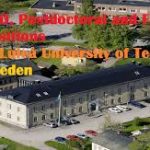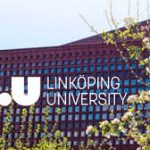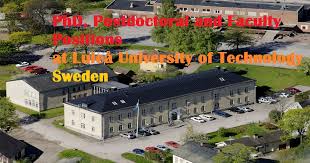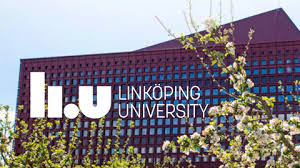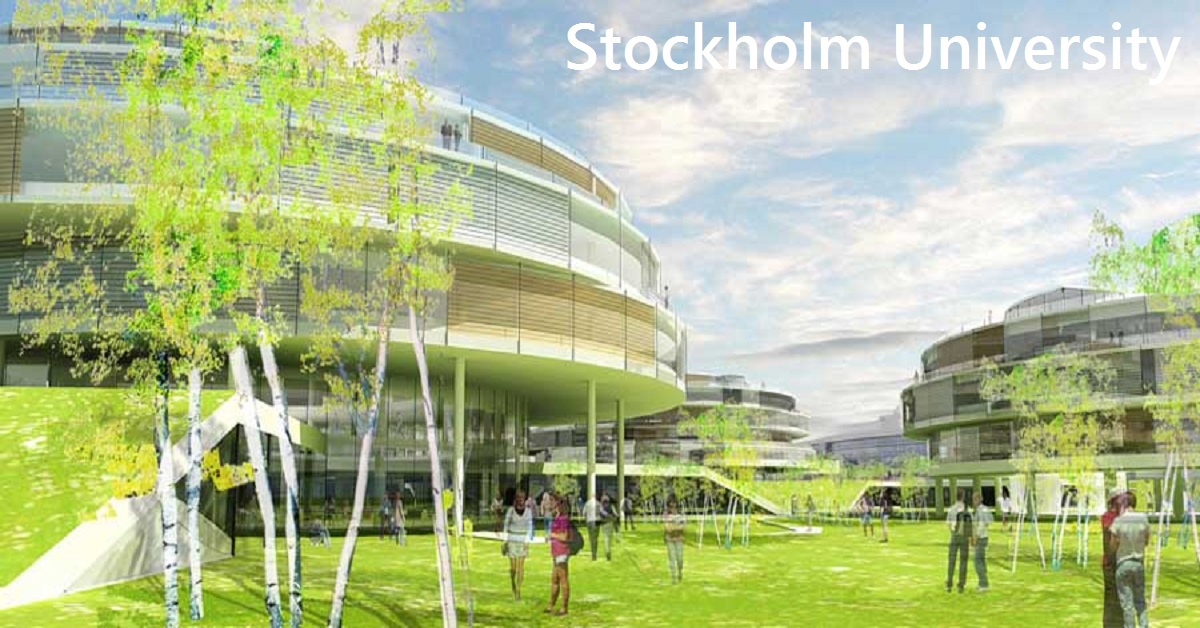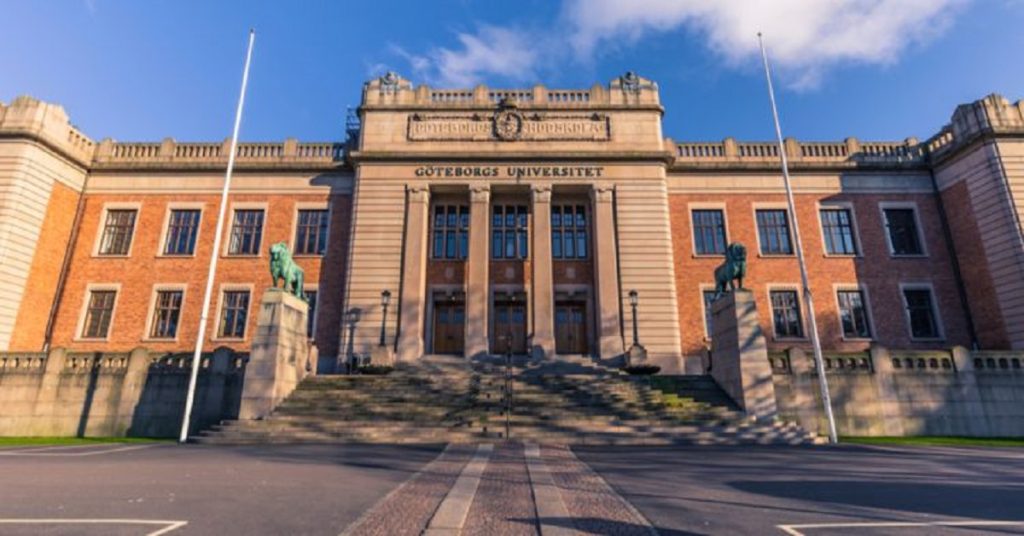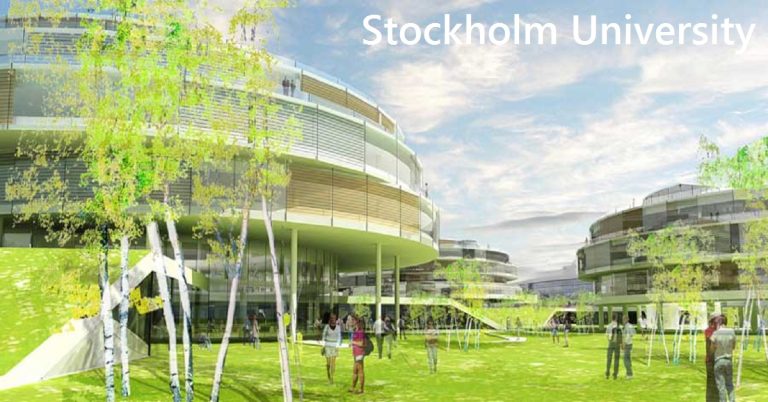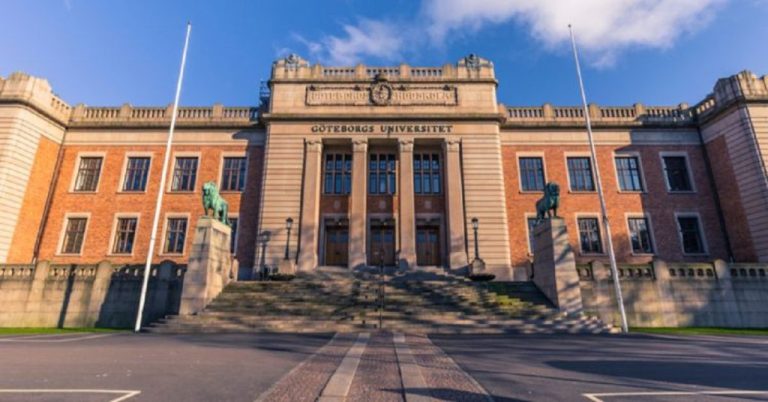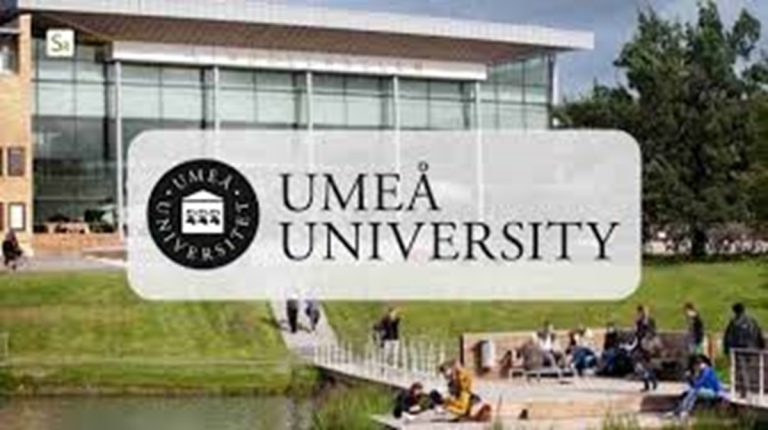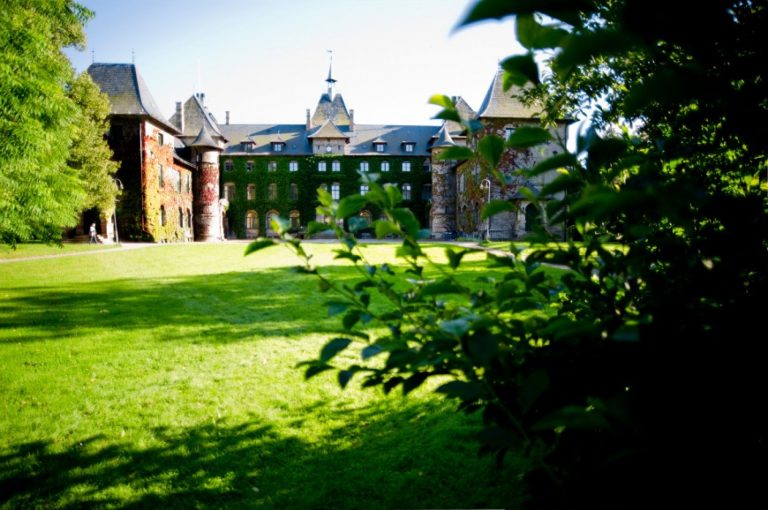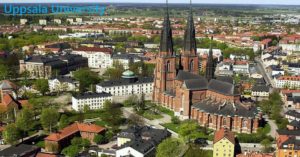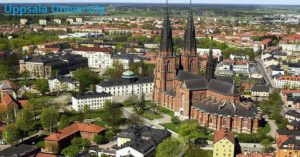PhD and Postdoctoral Positions at Luleå University of Technology in Sweden. Scandinavia’s northernmost university of technology. Jobsort...
PhD, Postdoc and Academic Positions at Linköping University, a public university in Linköping, Sweden, one of Sweden’s...
PhD and Postdoctoral Scholarships at Stockholm University, Sweden, the natural sciences and the humanities/social sciences. PhD and...
Postdoctoral and Research positions at the University of Gothenburg, The University is the third-oldest of the current...
PhD Scholarships at Gothenburg University in Sweden, The University is the third-oldest of the current Swedish universities....
Research and Academic Positions at the University of Gothenburg, The University is the third-oldest of the current...
PhD and Postdoctoral Scholarships at Umeå University in Sweden, a university in Umeå in the mid-northern region...
PhD and Postdocs Scholarships at The Swedish University of Agricultural Sciences, is a university in Sweden. PhD...
Postdoctoral and Research Positions at Uppsala University in Sweden, among the world’s 100 best universities, research university...
PhD Scholarships at Uppsala University in Sweden, among the world’s 100 best universities, research university in Uppsala,...
